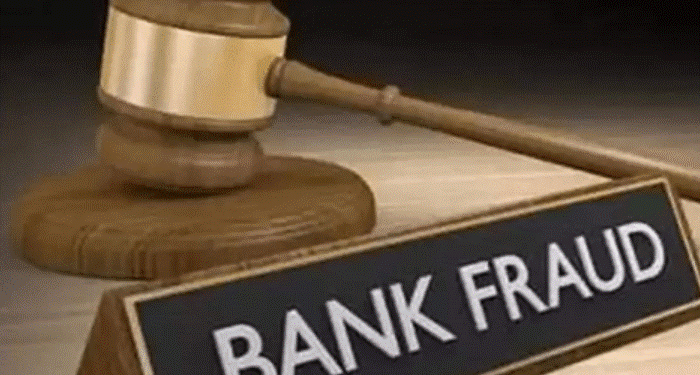The Bank of Ghana (BoG) has raised alarm over the rising involvement of financial sector employees in fraudulent activities, revealing that insider fraud cases surged by 33% in 2024.
According to the central bank’s latest fraud report, 365 staff members from banks and specialized deposit-taking institutions (SDIs) were implicated in various fraud schemes—up from 274 in the previous year.
The report paints a troubling picture of internal vulnerabilities within Ghana’s financial system, with cash theft or suppression emerging as the most prevalent form of misconduct.
Nearly three out of every four implicated employees (274 individuals) were found to have engaged in such acts.
Despite the scale of the problem, only 43% of those involved faced dismissal—a figure the BoG attributes to lengthy and often inconclusive legal processes that impede timely disciplinary action.
Read Also: GRA targets online businesses in new digital tax drive
The central bank is urging financial institutions to adopt more rigorous recruitment practices and ensure the effective prosecution of offenders. “The growing trend of internal fraud is deeply concerning,” the report noted, adding that institutions must implement robust systems to deter misconduct and protect depositor funds.
The broader sector also witnessed a 5% rise in total fraud incidents, reaching 16,733 reported cases in 2024. While fraud cases within banks saw a marginal decline, the SDI and Payment Service Provider (PSP) segments experienced increases, signaling shifting targets within the financial landscape.
Of particular concern is the dramatic spike in document forgery and identity theft. The value at risk from forgery alone jumped to GH¢53.5 million—almost eight times the GH¢6.9 million recorded in 2023. Identity theft-related losses also rose nearly ninefold.
Overall, the sector faced potential losses of GH¢83 million in 2024, yet only GH¢3 million was recovered, highlighting severe enforcement and recovery challenges.
In response, the BoG is calling for a sector-wide culture of zero tolerance for fraud, stronger internal controls, and enhanced collaboration among stakeholders to address the growing threat of financial crime.
The report serves as a stark reminder that the integrity of the financial system hinges not only on technological safeguards but also on the ethical conduct and accountability of those operating within it.

























